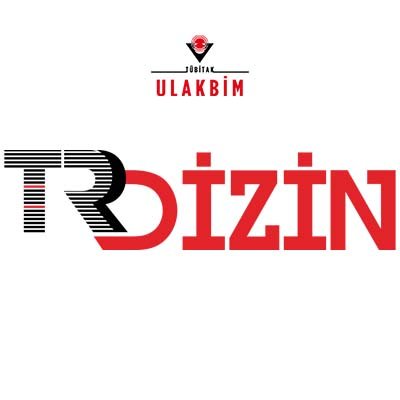The aim of the research is to determine the optimum day for regeneration training and to investigate its content. In this context, two different regeneration training strategies were determined. These strategies are different training models applied in match+1 and match+2. The effects of these applied strategies on heart rate variability in the organism were investigated. Participants consist of 12 male football players between the ages of 17 and 19. This study was carried out in the Istanbul Başakşehir Football Club. Ethics committee permissions were obtained. Polar H10 heart rate sensor and chest band and Catapult vest were used. Pre-season anthropometric and RMSSD measurements were taken. Catapult is used for external load. The loads of the athletes were recorded before, during, and after the match. Player load and total distance data obtained from the catapult device were taken. Post-match regeneration strategies are planned as match+1 and match+2. Applied training, aerobic, miniband, and aerobic+miniband trainings were performed. The RMSSD mean data in the regeneration training strategy were compared with the RMSSD pretest mean. There was no significant difference in the effect of different days and different regeneration trainings applied in football on the heart rate variability of the athletes.
Cite this article as: Demiray, E., & Ateş, O. (2022). The Effect of Regeneration Trainings on Heart Rate Variability in Young Football Players. Research in Sports Science, 12(2), 47-52


.jpg)


.png)


